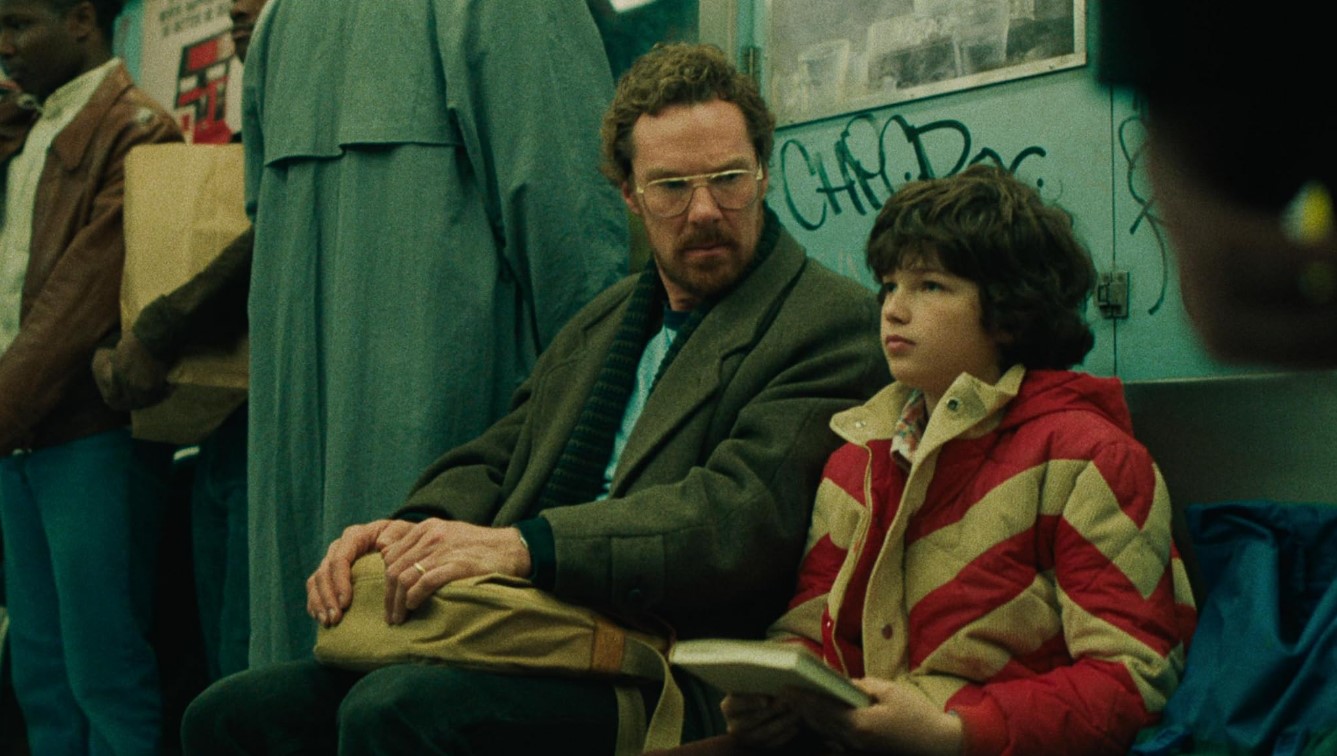The recently concluded Netflix series “Eric,” starring Benedict Cumberbatch, weaves a compelling narrative around the disappearance of a young boy, Edgar, and the emotional turmoil it inflicts on his family and those involved in the investigation. Set in 1980s New York City, the series doesn’t shy away from portraying the harsh realities of the era while maintaining high stakes until the end.
“Eric” follows Vincent Anderson (Cumberbatch), a distraught father struggling with alcoholism and mental health issues, as he searches for his missing son. As Vincent grapples with guilt and despair, he finds solace in Eric, a puppet he created, which transforms into a significant presence in his life. The series also delves into the story of Marlon Rochelle, another missing boy whose case is investigated by Detective Michael Ledroit.
As the series progresses, it is revealed that Edgar is being held captive by a homeless man named Yuusuf. Meanwhile, Vincent’s search for his son leads him to the subway tunnels after finding clues in his son’s drawings. Eventually, Vincent and Edgar are reunited, with Vincent learning the importance of letting others win.

Benedict Cumberbatch, Ivan Morris Howe in Eric (Via IMDB)
In addition to the central narrative, “Eric” explores themes of exploitation and corruption through the story of Marlon Rochelle. The series ultimately reveals that Marlon was being sexually exploited at a local nightclub before his death. The investigation into Marlon’s disappearance exposes the corruption and deceit within the police force and the club’s management.
At the end of “Eric,” Vincent resumes his role as the creative mind behind “Good Day Sunshine,” acknowledging his wife’s new relationship. Detective Ledroit, after fulfilling his duties as a cop, finds time to grieve for his deceased lover. Marlon’s mother, Cecile, yearns for society to change, mirroring the series’ overarching theme of personal transformation, as exemplified by Vincent and Ledroit’s journeys.
In essence, “Eric” is a poignant exploration of loss, redemption, and hope. The series’ multilayered narrative delves into the emotional turmoil of those affected by the disappearances while exposing societal ills and exploring the importance of personal growth.
























